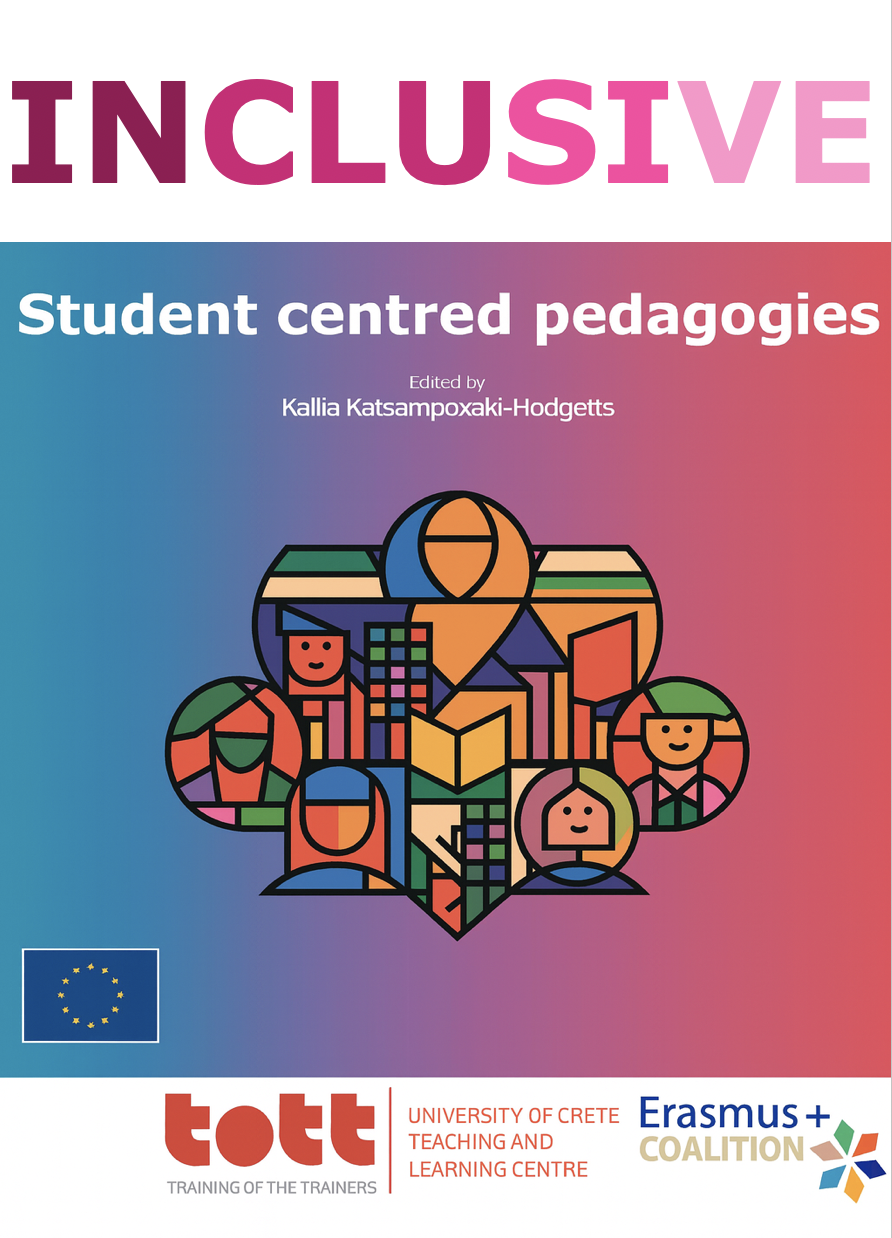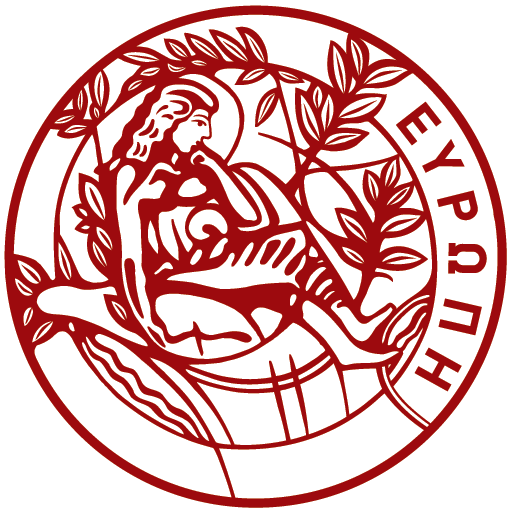Edited Volume: Inclusive Student-Centred Pedagogies (E-book)
Edited Volume: Inclusive Student-Centred Pedagogies (E-book)
Edited Volume: Inclusive Student-Centred Pedagogies (E-book)
The edited volume Inclusive Student-Centred Pedagogies constitutes a significant contribution to the European and international discourse on how higher education can become more inclusive, participatory, and creative. The work brings together research-based and pedagogical examples from universities in ten countries, illustrating how educators are redesigning teaching, assessment, and academic environments through the framework of Inclusive Student-Centred Pedagogies (i-SCP).
The authors approach inclusion not as a requirement or an accommodation, but as a pedagogical commitment to justice, voice, and diversity. The studies highlight co-creation of courses with students, the meaningful use of digital technologies, the cultivation of emotional engagement and well-being, and the development of reflective practice among university teachers.
The book serves as a valuable resource for academics and faculty members seeking to integrate more participatory and flexible learning practices, to reconceptualise the role of assessment, and to strengthen students’ sense of belonging. Drawing on examples from diverse disciplinary fields, the volume demonstrates how inclusive, student-centred pedagogies can transform the university classroom into a space of democracy, innovation, and collective reflection.
https://drive.google.com/file/d/1Tf2J9zepmlpTEZh9RhHn5M0nepCZrB3u/view?usp=share_link




